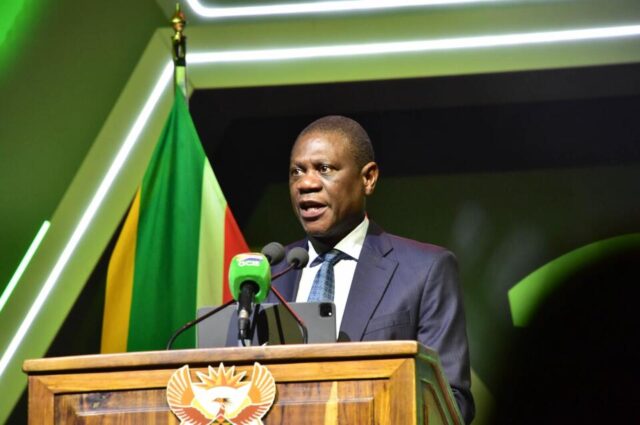‘Sixty percent of those going to TVET colleges drop out in the first year.’
EDUCATION experts say that placing an emphasis on only one aspect of the schooling system will not yield benefits throughout the value chain.
They were commenting after questions were raised about what was being done to tackle the high drop-out rate at Technical and Vocational Education and Training (TVET) colleges.
National Freedom Party (NFP) MP Ahmed Munzoor Shaik Emam had posed the question on the TVET drop-out rate to Deputy President Paul Mashatile in the National Assembly.
Shaik Emam said there was a lot of emphasis on funding for students yet the high drop-out rate of TVET students was not being addressed.
“Sixty percent of those going to TVET colleges drop out in the first year. There are no mechanisms to monitor these students. Funding is being given whether they attend college one single day in the year,” he said, adding that 30% of students who make it, fail mathematics.
In reply, Mashatile said the government had focused its attention on early childhood development (ECD) to prepare children for the schooling system.
Speaking on whether this would have an impact in later education years, education expert Professor Mary Metcalfe said children needed to be better prepared before entering the schooling system.
She said learning programmes must be made available with a focus on children most at risk.
“Maths performance is poor from the foundation phase and must be a priority focus area – together with reading – from foundation phase through subsequent grades,” said Metcalfe.
Professor Labby Ramrathan, from the School of Education Studies at the University of KwaZulu-Natal, said that while ECD was being considered as crucial for the education of pupils, it was not the answer to deal with the high drop-out rate seen in tertiary schooling.
“Currently, early childhood care and education (ECCE) is receiving a lot of attention as it is being newly introduced into our education landscape. Politicians are using this new discourse as a solution to all of the failings of the education system,” he said.
However, he said the country had a growing dysfunctionality within the formal education systems caused by a range of challenges including infrastructure, a shortage of appropriately qualified teachers, a lack of adequate teaching and learning resources and low interest of pupils and parents in school education.
“Investing in one aspect of the education system is not going to make all of the challenges of our education system disappear. In fact, it is going to increase the challenges of our education system because more resources will be needed to strengthen the ECD section –which the Basic Education Department does not have. It is merely going to shift the resources from one to another, thereby further disadvantaging the education system,” said Ramrathan.
Ramrathan said that each sector of the education system, including TVET colleges, needed to be reviewed independently to explore what the issues were and what interventions can be made to resolve these issues.
For TVET colleges, he said, the review needed to consider what the purpose of these colleges is, how can the purpose be realised, what resources are needed to achieve the intent and what mechanisms are required to manage and review what is happening within these institutions.








